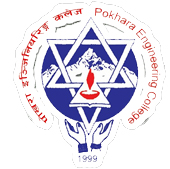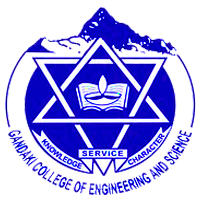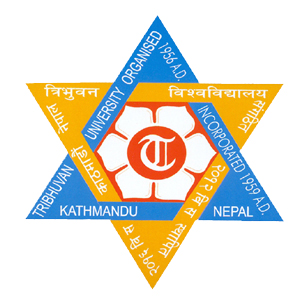Overview
Pokhara University School of Engineering Established in 2009, the School of Engineering (SoE) is a constituent school under the Faculty of Sciences & Technology of Pokhara University. SoE is committed to pursuing high standard professional and academic excellence in the field of Engineering. Currently, SoE is offering ten Engineering programs at Bachelor’s and Master’s level in different disciplines.
Pokhara University (PU) is an autonomous and non-profit public institution dedicated to developing as a center of excellence for higher education by excelling in teaching, learning, and research activities; contributing to the national development process by producing job market-oriented, responsible, productive, service-oriented and committed human resource; and linking the university system with the national development services.
All the Engineering courses are interdisciplinary courses with a new focus on technology. It aims to deal with the emerging thrust of the 21st century on technical minds by producing highly committed and competent professionals, engineering, entrepreneurs, enthusiast academics, and researchers in the international market of related sectors.
OBJECTIVES
- Produce adept human resources in science and technology, humanities and management, and law and education for nation building
- Encourage the participation of private sectors in higher education through extension programs
- Create a healthy, disciplined, result-oriented academic environment that focuses on higher education
- Promote competitive and quality higher education through fair competition
- Accelerate socio-economic transformation in line with community services
VISION
- To be a leader in the promotion of education through quality higher education, health, and community service
MISSION
- Develop the institution into a Center of Excellence for Higher Education by enhancing teaching, learning, and research activities; accelerate the national development process by producing job market-driven, responsible, productive, welfare-focused, and committed human resources; to link the university system with community services
- Unfold the potential and creativity of learners, advocating humanism, reason, innovation, and search for truth
- Quality education should necessarily not be limited to rhetoric. It has to be in reality and action, so that the university students imbibe critical thinking skills, develop a positive attitude to work, and enhance competitiveness. Pokhara University, the youngest university system operating full-fledged programs in the country, aims at producing human resources capable of working for the nation as well as the global community.
LONG TERM GOALS
- Promote a high-ranked university in South Asia
- Produce high-level human resources equipped with skills, values, competencies, and excellence
- Prepare high-level manpower capable of facing challenges and giving directions for future developments
- Integrate academic research and scholarship that will strengthen the teaching curriculum, and thus, preserve, generate and disseminate knowledge
- Build a dynamic university system proficient in withstanding changes and challenges
- Pursue excellence and quality in all aspects of the University’s activities and services
SHORT-TERM GOALS:
- Launch programs rich in scope and content, endowed with problem-solving strategies, especially in the areas with gaps between needs and availability from local, national, and international perspectives
- Develop a rigorous and interactive community of faculty and students where human relationships are valued and respected, equality of opportunity pursued, and personal and intellectual development fostered
- Provide students of the Western Development Region with equitable access to resources to encourage educational partnership both externally and internally to help materialize the University’s mission
- Contribute to the socio-economic development of the region as well as the nation
FINANCING
Pokhara University manages its expenditures mainly from three sources: Nepal Government’s grants, revenue from students, and affiliated institutions. PU has been gradually reducing its dependence on government coffers in line with the Nepal Government’s fiscal policy of cost-effective sharing with private sectors.
However, it fully depends on government grants to finance capital expenditure, especially building infrastructures for academic and administrative purposes. With the local community-endowed land, PU provides spaces for Schools and Research Centers included in the University Plan. PU credits donors and contributors involved in the construction of infrastructures, such as hostel, library, stadium, and auditorium.
Contact Pokhara University School of Engineering's administrative office for detailed information on the course, admissions, location, fees, scholarships, facilities, counseling, or eligibility.















